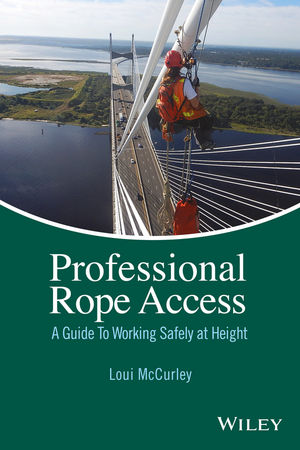Hundreds of oil and gas workers have been killed on the job in the past decade in highway crashes. One third of the 648 oil field workers who were killed between 2003 and 2008 died in these crashes, according to the CDC. Highway crashes are by far the leading cause of fatalities among oil and gas industry workers. In contrast, highway crashes cause about a fifth of workplace fatalities across all industries in 2010.
The reasons are many. Chief among them is the exemption from federal rules that allow many oil and gas truckers to work longer hours than safety rules set for commercial truckers. Most commercial truckers must stop driving no later than 14 hours after their workday beings, Many oil and gas drivers, though, do not have to count time spent waiting at a well site while other crews finish their work. Wait times can stretch to more than ten hours.
Also, if most commercial truckers work 60 hours over seven consecutive days, they must take at least 34 hours off in order to get two full nights sleep. Oil and gas truckers who work that long are required to take off only 24 hours. Experts say workers should get between 7.5 and 8.5 hours of sleep a day.
These driving exemptions have been in place for various parts of the oil and gas industry for almost five decades. Exemptions were granted in the 1960s after industry officials argued and lobbied that its drivers needed more flexibility in their schedules.
Trouble ahead
Dangers on the road – not only to oil and gas truckers but also to local community residents, commuters, and travelers who share the often narrow, twisting roads – are expected to increase. Thousands of new hydraulic fracturing operations (more than 200,000 in the next decade) will generate an estimated 500 to 1,500 truck trips for each individual well because fracking requires millions of gallons of water per well.
Truckers concede that driving exemptions help them earn more money – some drivers can earn $2,000 per week – but at the same time they say employers routinely use the exemptions to pressure drivers to work shifts that are 20 hours or longer. One driver wrote to federal highway safety regulators in 2011 that his managers used the oil field exemptions to force him to wait, without anywhere to sleep, for 36 hours at one well site before he could unload his drilling suppliers and get back on the highway.
The National Transportation Safety Board is on record as “strongly opposed” to the oil field driving exemptions, but after the industry lobbied Congress, the exemptions were left intact.
The wife of one driver killed in a crash told The New York Times that on some days his crew was drinking five super-caffeinated energy drinks each to stay awake during shifts lasting up to 20 hours.
Some drivers cite employers who blame crashes on driver irresponsibility and violating policies to “be safe.” There are also complaints that some companies falsify driver logbooks. “All you’ve got to do is say you went into one of the campers and fell asleep for a couple of hours, when actually you’re out there working,” said one driver.







